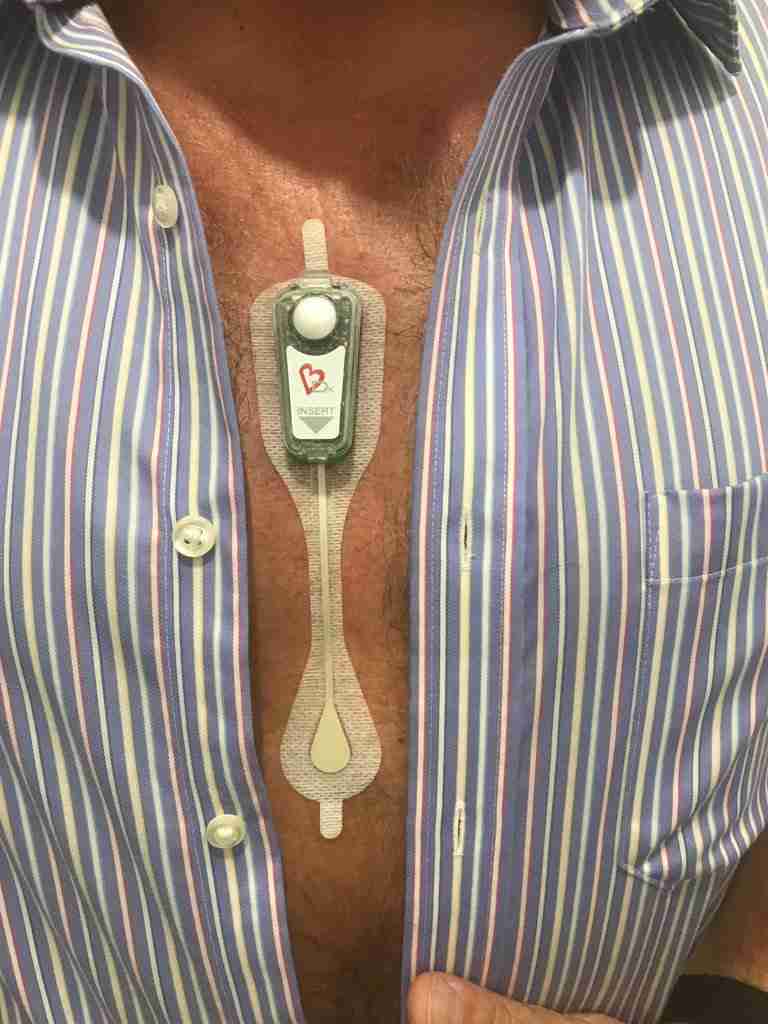Dr Sheona Mchale S.Mchale@napier.ac.uk
Research Fellow
Dr Sheona Mchale S.Mchale@napier.ac.uk
Research Fellow
Dr Bruce Forrest b.forrest@napier.ac.uk
Lecturer
Dr Coral Hanson C.Hanson@napier.ac.uk
Senior Research Fellow
Prof Lis Neubeck L.Neubeck@napier.ac.uk
Professor
Identifying cardiovascular risk factors (i.e., hypercholesterolaemia, smoking, obesity, and physical inactivity) and establishing cardiovascular prevention strategies are important approaches towards reducing the global health burden of cardiovascular disease (CVD). Most of these risk factors are modifiable through lifestyle and behavioural changes and nurses are optimally situated within clinical practice to identify CVD risk and support people with adopting healthier lifestyles. Despite this, evidence suggests that the health of registered and student nurses in the United Kingdom is sub-optimal and student nurses currently lack the confidence and skills required for effective CVD risk management. Consequently, there is an urgent need to build on and extend existing UK undergraduate nursing curricula and offer students the ability to have more detailed understanding of CVD risk factors and to gain confidence in strategies to improve lifestyle behaviour. Through co-creation with nursing students, the overall objective of this study is to bridge the theory-practice gap by developing students’ skills and practical capability with cardiovascular risk assessment, motivational interviewing, and self-management strategies.
| Type of Project | P06 - Research - Other Sources |
|---|---|
| Project Acronym | ASMOSUS Study |
| Status | Project Complete |
| Funder(s) | Burdett Trust for Nursing |
| Value | £43,523.00 |
| Project Dates | Sep 1, 2022 - Aug 31, 2024 |

Low uptake of physical activity programmes by men; why don’t they go? Sep 1, 2016 - Jul 31, 2022
This nurse-led project will be an interdisciplinary collaboration between leading researchers working in Edinburgh Napier University, in the University of Sydney, and Flinders University, Adelaide Australia, nurses in NHS Fife and allied health profe...
Read More about Low uptake of physical activity programmes by men; why don’t they go?.

Secondary detection of atrial fibrillation Jan 1, 2018 - Oct 31, 2019
Secondary detection of atrial fibrillation post stroke.
Cardiovascular disparities among young adults in Scotland: Linking the Scottish Longitudinal Study from 1991 to 2011 Jul 1, 2018 - Dec 31, 2019
In this study, we aim to examine:
1. Trends in the prevalence of hospital admissions for CHD in young adults and compare them with older adults between 1991 to 2011;
2. Trend in the annual rates of major CHD events (non-fatal MI and CHD death) in...
Read More about Cardiovascular disparities among young adults in Scotland: Linking the Scottish Longitudinal Study from 1991 to 2011.

Increasing medication adherence among adults with atrial fibrillation: A Medical Research Council complex intervention framework development and feasibility study. Jul 1, 2019 - Mar 31, 2023
Atrial fibrillation (AF) is a common abnormal heart rhythm affecting more than 1-million people in Scotland. People with AF are five-times more likely to have a stroke and twice as likely to die, compared to those without AF. Strokes caused by AF are...
Read More about Increasing medication adherence among adults with atrial fibrillation: A Medical Research Council complex intervention framework development and feasibility study..
Who benefits from cardiovascular risk reduction programmes? Building a Scottish observatory to measure the impact of blood pressure (BP) telemonitoring and future cardiovascular risk reduction interventions Sep 1, 2020 - Sep 30, 2024
The British Heart Foundation is partnering the Scottish Government in supporting the roll out of an evidence based BP telemonitoring initiative (scale up BP) in order to facilitate increased detection and improved management of hypertension and subse...
Read More about Who benefits from cardiovascular risk reduction programmes? Building a Scottish observatory to measure the impact of blood pressure (BP) telemonitoring and future cardiovascular risk reduction interventions.
About Edinburgh Napier Research Repository
Administrator e-mail: repository@napier.ac.uk
This application uses the following open-source libraries:
Apache License Version 2.0 (http://www.apache.org/licenses/)
Apache License Version 2.0 (http://www.apache.org/licenses/)
SIL OFL 1.1 (http://scripts.sil.org/OFL)
MIT License (http://opensource.org/licenses/mit-license.html)
CC BY 3.0 ( http://creativecommons.org/licenses/by/3.0/)
Powered by Worktribe © 2025
Advanced Search